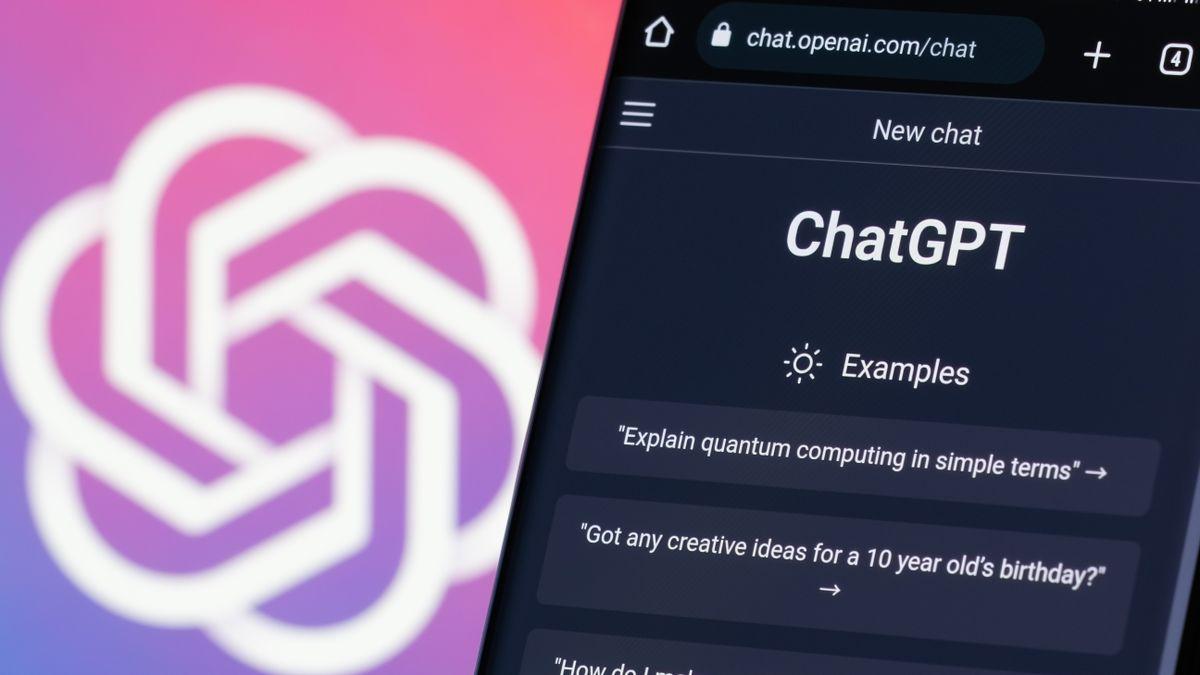It’s not an echo – ChatGPT might suddenly mimic your voice when you speak to it
Advances in artificial intelligence (AI) are continuously bringing forth new and exciting possibilities. One such development is OpenAI’s ChatGPT, a language model that has the ability to engage in conversation and provide impressive responses. However, a unique and somewhat unexpected feature of ChatGPT has recently captured the attention of users worldwide – its ability to mimic voices.
ChatGPT, developed by OpenAI, is based on the GPT-3 (Generative Pre-trained Transformer 3) architecture. Using deep learning techniques, it has been trained on a vast amount of internet text to understand and generate human-like language. The model’s ability to hold coherent, contextually relevant conversations with users is striking, but the introduction of voice imitation has taken its capabilities to a whole new level.
When interacting with ChatGPT, users have the option to type their responses or speak to it directly using voice commands. OpenAI has provided an interface that allows users to have spoken conversations with the model and receive voice-based outputs. This is where the powerful mimicry feature comes into play.
Upon receiving a voice input, ChatGPT analyzes the audio and generates a response that does more than just provide text-based replies. It can also mimic the speaker’s voice, recreating their speech patterns, tonality, and even vocal nuances. The result is an eerily accurate response that echoes the original speaker.
This remarkable capability, while impressive, has raised concerns about privacy and potential misuse. Voice mimicking technology has been used in nefarious ways in the past, such as deepfake videos altering someone’s words or actions. With ChatGPT’s voice imitation, similar concerns arise.
OpenAI acknowledges the risks and is taking steps to ensure responsible deployment. Currently, voice imitation is disabled by default in ChatGPT, and it requires explicit user consent to enable the feature. OpenAI has implemented this safeguard to prevent any unintended consequences or malicious use.
OpenAI also recognizes the need for public input and feedback to shape the rules and limitations surrounding the use of this technology. They are actively seeking feedback from users and the wider public to better understand the potential risks and establish boundaries for voice imitation within ChatGPT. This collaborative approach demonstrates OpenAI’s commitment to maintaining ethical standards in the field of AI.
While the voice imitation feature in ChatGPT presents exciting possibilities for enhanced user experiences, caution must be exercised. We can expect OpenAI to be vigilant in addressing privacy concerns and potential misuse, while also ensuring that the technology continues to evolve responsibly and ethically.
As AI systems become more advanced and nuanced, it is essential to strike a balance between progress and responsible development. OpenAI’s inclusion of voice imitation features in ChatGPT is a significant milestone, pushing the boundaries of human-like conversational AI. However, it is crucial for researchers, developers, and users to explore its potential implications and establish safeguards to avoid any negative repercussions.
As we navigate this new era of AI, it is important to keep in mind that the responsibility lies not just with developers but also with users who engage with such technology. By remaining aware, informed, and vigilant, we can harness the power of AI while ensuring its responsible and ethical use.
Hey Subscribe to our newsletter for more articles like this directly to your email.
